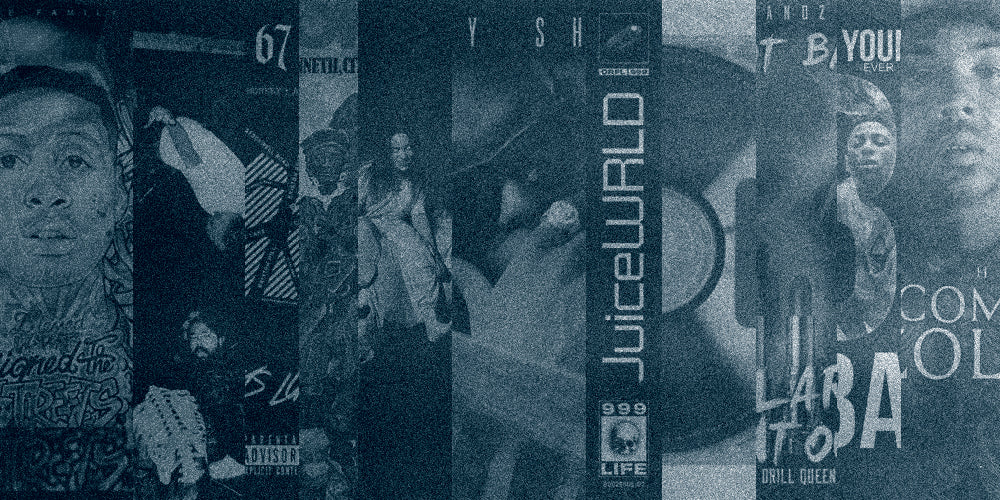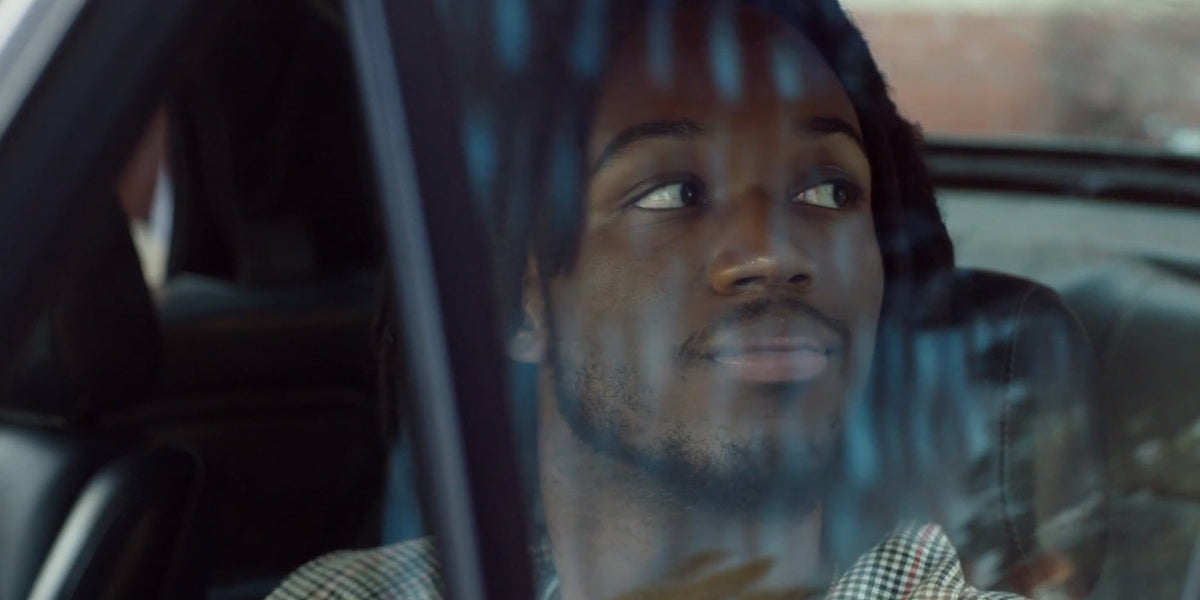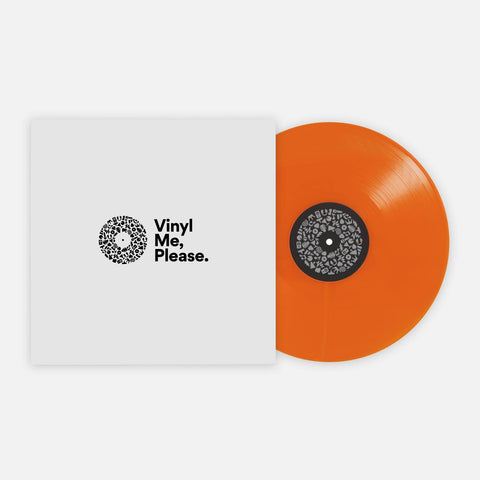Lupe Fiasco’s Intricate ‘Drill Music in Zion’
How the rapper’s eighth album balances the divine and the violent
Every week, we tell you about an album we think you need to spend time with. This week’s album is Drill Music in Zion, the eighth album from Chicago rapper Lupe Fiasco.
For Lupe Fiasco, ambition has always been a double-edged sword. He’s never shied away from using his technical gifts as a rapper to shine light on topics from police brutality and anti-Muslim sentiments in America to the strengths and faults of hip-hop culture. Not every Lupe song has a message, but most rise and fall based on how his flows and bars complement the point he’s trying to make. It’s why the best Lupe songs split the difference between his knack for storytelling and his deceptive ear as a songwriter (“I Gotcha,” “Hurt Me Soul,” “Jonylah Forever”) or take space to spool out into word games just for the hell of it (“Mural,” “Gold Watch.”) But his ideas can get the better of him when he leans too far into a concept — the titular zombie drug dealer at the center of The Cool and the slavery-meets-science-fiction odyssey of Drogas Wave are somehow both overwrought and underbaked.
Lupe’s imagination can be a hazard when left unchecked, but when he tamps his ideas down to their core elements, few rappers are as thoughtful and intricate. Drill Music In Zion, his eighth studio album, is the closest he’s come to achieving that balance since 2015’s Tetsuo & Youth. Nearly 20 years into his career, the Chicago rapper is no less concerned about the current state of rap music, and his thoughts are bolstered by the example he sets as a top-notch emcee.
In lieu of an overarching concept or story, Lupe is most interested in probing the dichotomy between the divine and the violent, and art’s — specifically rap’s — place in interpreting that relationship. Sometimes, he dresses these thoughts in concepts, like the fake jewelry slinging mall worker on “KIOSK,” who breaks down the materialism of rap as both escapism and fodder for the media. Other times, he sifts through history for context, like he does with local street gangs in the first verse of “AUTOBOTO.” One of the album’s most powerful moments comes on closing track “ON FAUX NEM” when he drops the act entirely and shares his complicated feelings on rap and violence directly to the camera. “I wish they was lying in they raps / How does that transpire? / To be so damned by God, you want your friends to be goddamn liars?” he asks. It could’ve been preachy, but the strain in his voice turns the rhetorical question into a gut punch.
No two approaches across Zion are the same, but they’re all bound by Lupe’s sturdy flows. Syllable counts can expand as much as his vocabulary and reference points do, making verses more slippery to the ear than you might expect. Take this passage from “GHOTI”: “Capture catastrophes like a camera b / Ball like a can of peas, ball like Michael Jackson on anesthes’.” At their best, Lupe’s bars are as visually and phonetically pleasing as popped bubble wrap.
The beats — provided entirely by longtime collaborator and “Kick, Push” producer Soundtrakk — play a large role in aiding that process. Lush piano glides across thundering drum patterns on most songs with samples and live-band flourishes fleshing out the other spaces. The horn trills dancing across “NAOMI” bring a smoky air to that song’s boom-bap. Bass notes add a thickness to “MS. MURAL,” a continuation of the meta art crit of Tetsuo opener “Mural,” while guitar plucks accent the trap-like prance of “AUTOBOTO.” 2020’s Kalin Ellis-produced HOUSE EP showed that Lupe thrives working with just one producer, but Soundtrakk’s beats across Zion find the sweet spot between laid-back and urgent.
Drill Music In Zion sees Lupe questioning the efficacy of modern rap both in and out of the booth, on and off the street corner, and coming away with no easy answers. He has as much smoke for rappers who are still active in the streets as he does for the record labels and executives who exploit them, without dissolving into milquetoast “gotta-hear-both-sides” treacle. During a recent interview with the Financial Times, he fleshed out the importance of his duty: “Have you ever seen a nightclub when the lights are turned on? It’s fucking gross. The paint is cheap, it’s sticky, the floor doesn’t match the walls. But in the darkness, you would never know any of this. It’s my job to shine that light and expose the dark side.” With Drill Music In Zion, Lupe’s truth and ambition are seeing eye-to-eye.
Dylan “CineMasai” Green is a rap and film journalist, a contributing editor at Pitchfork and the host of the Reel Notes podcast. His work has appeared in Okayplayer, Red Bull, DJBooth, Audiomack, The Face, Complex, The FADER and the dusty tombs of Facebook Notes. He's probably in a Wawa mumbling a BabyTron verse to himself.
Related Articles
Join the Club!
Join Now, Starting at $36Pages











